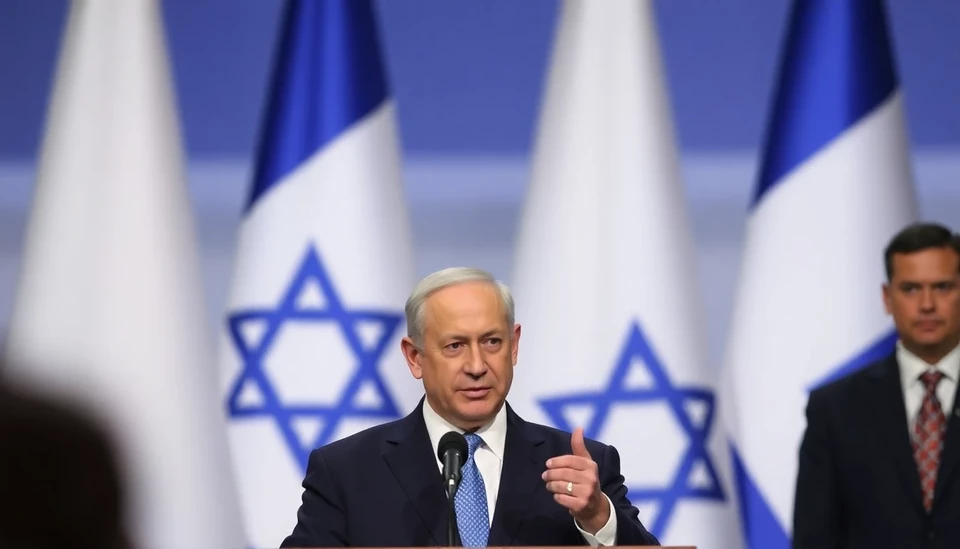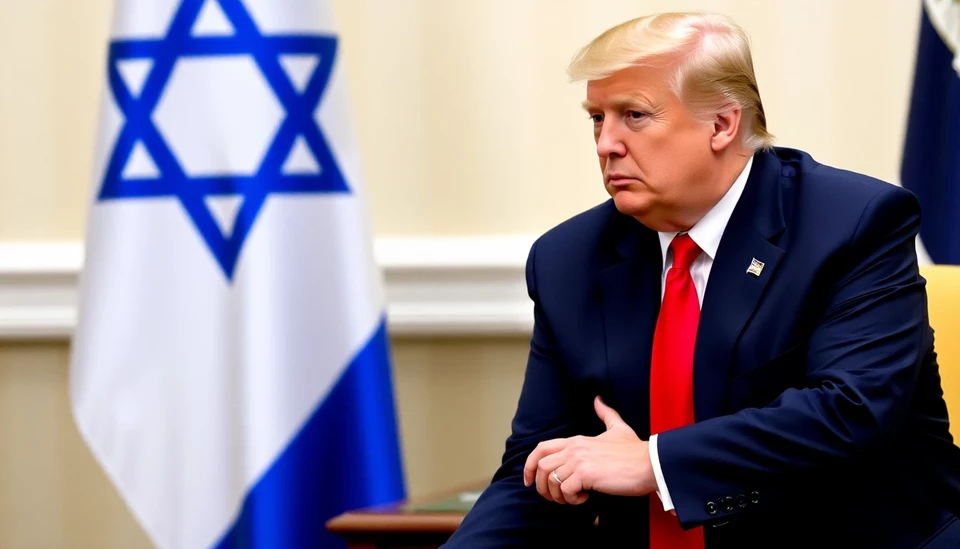
An Israeli government committee has presented a new recommendation that suggests a dramatic increase in annual defense spending, proposing an additional $3.6 billion each year. This assessment comes in light of escalating security concerns and the need for bolstering military capabilities in a region riddled with volatility.
The recommendation stems from a comprehensive review detailing the evolving threats facing Israel, which the panel believes necessitates a swift and robust response from the Israeli Defense Forces (IDF). The increased funding would be directed toward enhancing technology, upgrading equipment, and maintaining military readiness in the face of potential aggressions from regional adversaries.
This committee, established following previous conflicts and ongoing tensions, underscores a strategic shift in how Israel approaches its defense expenditures. Experts within the panel highlight that, with the rise of hostilities and an unpredictable geopolitical landscape, the IDF must be equipped to handle not only conventional warfare but also cyber threats and asymmetric conflicts.
Proponents of the budget increase point to the necessity of adapting to new defense paradigms, emphasizing that investment in military technology—such as drones, missile defense systems, and cyber capabilities—is paramount. They argue that such measures are essential for sustaining Israel's qualitative military edge in the region.
Critics, however, are voicing their concerns regarding the implications of such substantial increases in military spending. Some believe that these funds could instead be allocated towards social programs, education, and infrastructure to address pressing civilian needs amidst ongoing economic challenges. They argue for a balanced approach to national security that does not solely focus on military expenditure but also considers the holistic well-being of Israeli citizens.
The decision on whether to adopt the proposal will eventually fall to the Israeli government, which will need to weigh the committee’s recommendations against the backdrop of public opinion and fiscal responsibility. If approved, this funding could reshape the Israel’s defense landscape significantly in the coming years.
In an era marked by unpredictability and emerging threats, this proposal reflects a significant moment in Israel’s defense policy, one that may set a precedent for future military budgeting and strategic planning.
As the situation develops, stakeholders from various sectors will be monitoring the government's response closely to gauge the implications for regional stability and international relations.
#Israel #DefenseSpending #MilitaryBudget #IDF #SecurityConcerns #Geopolitics #NationalSecurity
Author: Daniel Foster




